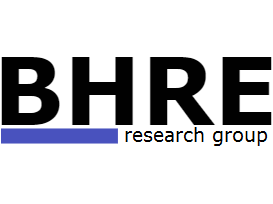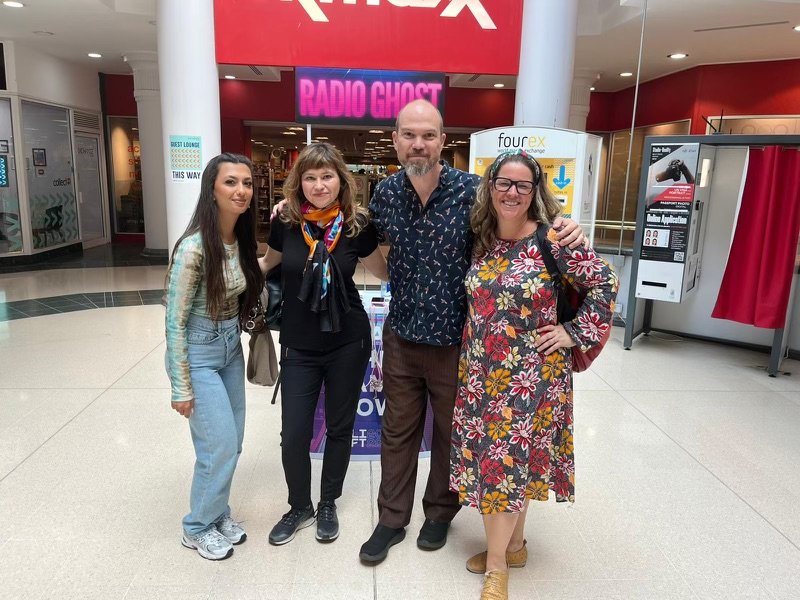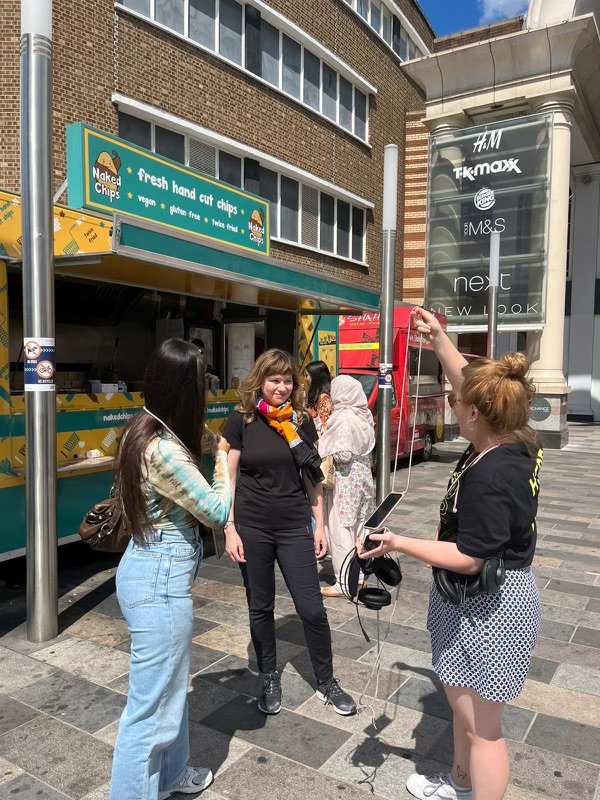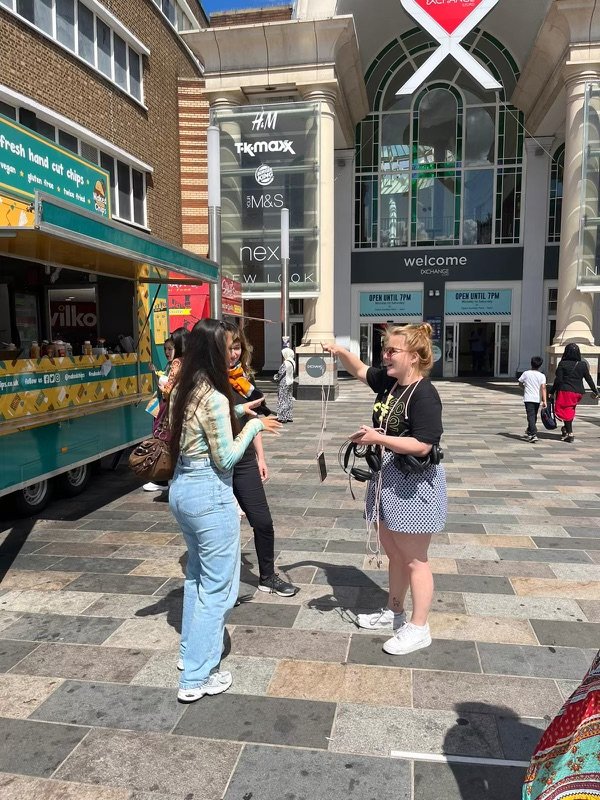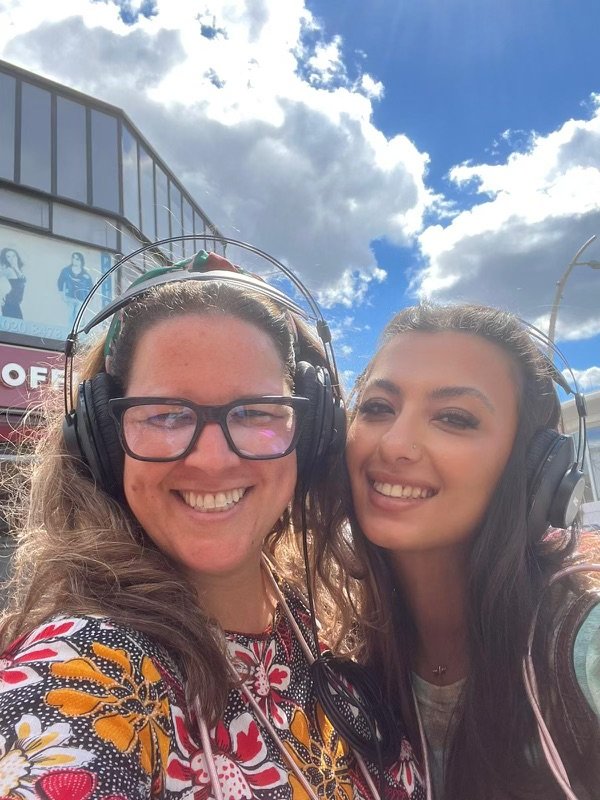NEW- Transparency in Supply Chains- Modern Slavery Reporting of Higher Education Institutions
/The BHRE has published its new Report on Higher Education Institutions’ compliance with their obligations to produce a Modern Slavery Statement under the UK Modern Slavery Act 2015. This new report, authored by Olga Martin-Ortega and Anna Gorna covers the reporting undertaken by HEI since our previous two reports which focused on the first two years of reporting of 2015/2016 and 2016/2017. Since the beginning of modern slavery reporting under TISC, a total of 142 HEIs have published a modern slavery statement, which remain accessible online. In our research, we have identified a total of 165 HEI which have engaged with the reporting exercise.
With a limited number institution keeping a historical record of their previous modern slavery statements, which is further discussed below, our research focuses on the most recent statement available, mainly covering the 2020/2021 and 2021/2022 reporting periods. This Research Report has analysed 142 statements from HEIs publicly published by September 2022. All the statements found and analysed are listed in Annex I.
In this report, as in our previous ones, we reflect on the quality of the statements, analyse compliance with the formal requirements of the law and, finally, analyses the substantive content that HEIs disclose in their statements to highlight good practice and encourage improvement.
As this Report highlights, HEIs continue to make progress in assuming their responsibility to combat on modern slavery in their supply chains and be transparent about it. Reporting frequency and quality of the statements remain high. With this research report, we are looking to identify the new and innovative ways in which HEIs engage in modern slavery due diligence, having moved passed the learning period that characterised the first years of reporting. It also highlights some of the deficiencies which the sector should address.
Organisations now have increased resources to support their responsibilities, including the new Modern Slavery Statement Registry, where companies and public bodies can add their statements to be more easily accessible and the Modern Slavery Assessment Tool (MSAT), provided by the government as an identification and management tool to help public sector organisations work in partnership with suppliers, and which public sector organisations are encouraged to use.
In Annex II we have included an updated Aide Memoire to support organisations in their sustained journey towards being part of the solution to modern slavery in supply chains, rather than one more element in the long chain that perpetuates the abuse of those who produce the products they purchase and provide the services they contract. We hope this Research Report will further assist HEIs in their journey to enhance their practices on combatting modern slavery in their supply chain and report appropriately on it.
